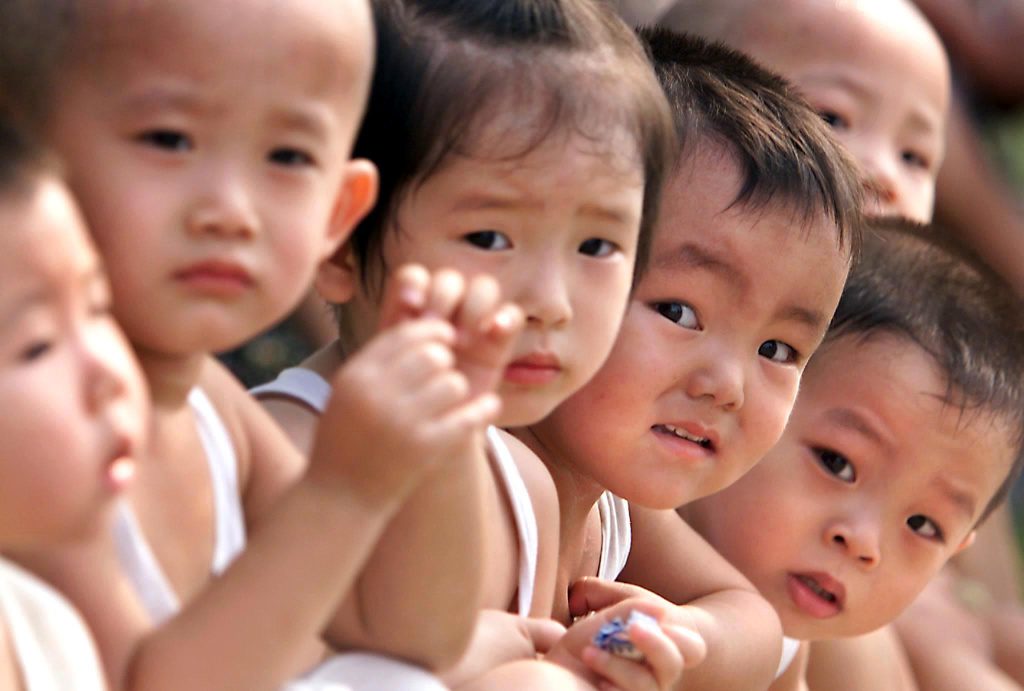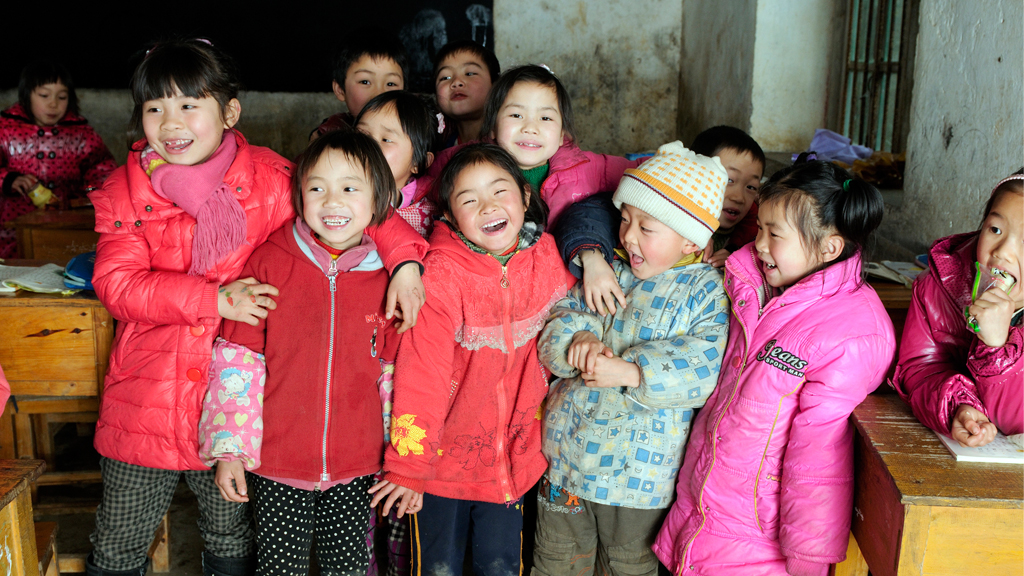
According to a recent analysis, China is one of the most costly locations in the world to raise a kid in relative terms, with women bearing the disproportionate burden of the country’s catastrophically low birth rate as it faces a demographic catastrophe.
A research issued Wednesday by the China-based YuWa Population Research Institute, shows the average countrywide cost of raising a child from birth to age 17 is over $74,800, increasing to more than $94,500 for a teenager pursuing a bachelor’s degree.
According to another, the cost of bringing a kid to the age of 18 in China is 6.3 times more than the country’s GDP per capita, behind only its East Asian neighbour South Korea, which has the world’s lowest fertility rate and a child-rearing cost of 7.79 times GDP per capita.
For contrast, the paper stated that the cost is just 2.08 times the GDP per capita in Australia, 2.24 times in France, 4.11 times in the United States, and 4.26 times in Japan, another East Asian country grappling with a fast ageing population and diminishing birth rate.
“Due to reasons such as the high cost of childbearing and the difficulty for women to balance family and work, the Chinese people’s willingness to have children is almost the lowest in the world,” according to the survey. “It is no exaggeration to describe the current population situation as a collapse in the birth population.”
China’s population has dropped over the last two years, with 2023 seeing the lowest birth rate since Communist China’s inception in 1949. Last year, India surpassed China to become the world’s most populous country.

The demographic issue poses a huge danger to the world’s second-largest economy, and it has worsened in recent years despite government efforts to reverse the trend after decades of restrictive birth regulations.
Even though the government has relaxed the number of children allowed per couple, launched national campaigns encouraging families to have more children, and provided financial incentives, little has changed, partly because many women believe the sacrifice isn’t worth it, according to the YuWa report.
Women on maternity leave may experience “unfair treatment” at work, such as being transferred to different teams, receiving a salary decrease, or missing out on advancement possibilities, according to the research.
It also stated that if the costs of maternity leave are entirely borne by companies without government assistance, employers may avoid recruiting women of childbearing age, which is already common in China, with reports of women being asked about family planning during job interviews or being passed over for roles even if they do not intend to have children.
While some women forgo working totally to raise their children, this makes returning to the workforce extremely challenging. Women with children may face a 12% to 17% decline in salaries, according to the study, which cites evidence from various articles.
These sacrifices may have been more typical in previous decades, but Chinese women are more educated and economically independent than ever before, outnumbering males in higher education programmes. Women are increasingly prioritising their jobs and self-development above conventional milestones such as marriage and children, according to experts.
Then there are the time, labour, and financial expenditures associated with raising a kid.
According to research, women in China are generally responsible for domestic activities such as cooking, cleaning, and buying, as well as child care, which includes school runs, homework assistance, and tutoring.
China encourages families to have three children. However, many women are not convinced.
According to a 2018 research, this implies that women lose approximately five hours of leisure and paid work time per day, with virtually all of those hours being spent on housekeeping. While dads lose some leisure time, their paid work hours remain same, and their careers are not greatly damaged, according to the YuWa research.
“Because the current social environment in China is not conducive to women’s childbirth, the time cost and opportunity cost for women to have children are too high,” according to the research. “Some women have to give up having children in exchange for the opportunity to succeed in their careers.”
China’s GDP expanded by 5.2% in 2023, slightly above the official target set by Beijing. However, the country is confronting a slew of issues, including a record property collapse, growing young unemployment, deflationarypressure, rising business bankruptcies, and mounting financial hardship among local governments.
The research cautioned that China’s declining birthrate might have a significant impact on economic development, general satisfaction, and its worldwide status.
The authors suggested government programmes to lower the expense of childbirth “as soon as possible” – such as monetary, tax, and housing subsidies, equitable maternity and paternity leave, preserving single women’s reproductive rights, and educational reform.
